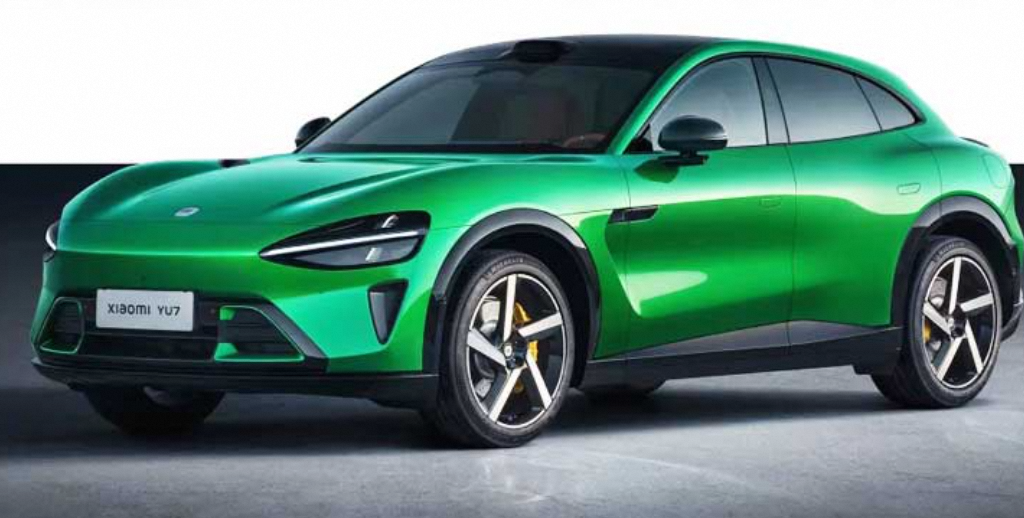Xiaomi, the prominent smartphone manufacturer turned electric vehicle (EV) producer, is facing mounting criticism due to substantial delivery delays for its new Xiaomi YU7 electric sports utility vehicle. The company recently announced that customers would have to wait over a year to receive their vehicles, leading to a wave of discontent among buyers.
High Demand Meets Limited Supply
The YU7, Xiaomi’s latest venture into the EV market, witnessed an overwhelming response, with approximately 240,000 orders placed within the first 18 hours of its launch. Despite this impressive demand, the availability of vehicles for immediate delivery was starkly limited. By the following Tuesday, prospective buyers checking the Xiaomi app discovered that the waiting period for their orders ranged from 38 to 60 weeks.
Consumer Complaints on Waiting Times
The announcement of extended delivery times has led to significant consumer backlash. Over 400 buyers have registered complaints on Sina’s Black Cat consumer complaint platform, according to a Reuters analysis. Many customers expressed frustration that they were not informed of the long waiting period prior to confirming their orders, which required a non-refundable deposit of 5,000 yuan ($697.97).
Customers are particularly concerned about the financial implications of this delay. With a tax exemption for EVs set to expire at the end of the year, buyers worry they may incur additional costs if their vehicles are not delivered in time. These concerns have intensified calls for refunds and greater transparency from Xiaomi regarding delivery schedules.
Xiaomi’s Response and Market Impact
Xiaomi has yet to issue a formal comment addressing these concerns. However, CEO Lei Jun has acknowledged the situation on his Weibo account, where he plans to address customer questions in an upcoming livestream event. This engagement reflects Xiaomi’s recognition of the importance of maintaining consumer trust amid growing dissatisfaction.
The issues surrounding the YU7 launch come on the heels of Xiaomi’s successful entry into the EV market with the SU7 sedan. Launched in March of last year, the SU7 has consistently outsold Tesla’s Model 3 in China since December, despite initial delivery wait times of up to seven months. However, the company has faced challenges, including a fatal crash involving an SU7 in March and ongoing complaints about delivery confusion and optional features.
Competitive Landscape and Production Expansion
The Xiaomi YU7, priced starting at 253,500 yuan ($35,360), is positioned as a competitive alternative to Tesla’s Model Y, which currently holds the title of China’s best-selling SUV. Xiaomi has been transparent about its ambition to rival Tesla in the Chinese market. Despite the current delivery setbacks, the company is committed to expanding its production capabilities.
To meet growing demand, Xiaomi is ramping up production at its Beijing facility and has announced plans to establish new factories on nearby plots of land. This expansion has already resulted in a significant increase in output, from 4,000 units in March of the previous year to 28,000 units as of May this year.
Navigating Challenges in the EV Market
Xiaomi’s challenges with the YU7 launch highlight the complexities faced by new entrants in the highly competitive EV market. As the company continues to scale its operations and refine its customer experience, maintaining transparency and addressing consumer concerns will be crucial. The evolving situation underscores the broader dynamics of the EV industry, where high demand and production limitations can quickly impact consumer perceptions and brand reputation.
